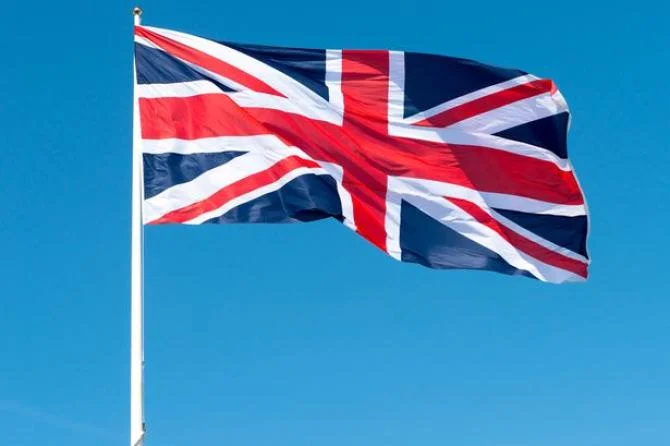According to the National Bureau of Statistics (NBS), United Kingdom-based investors drove Nigeria’s foreign capital inflows in the first quarter of 2025, providing more than 65 percent of total funds.
The latest Capital Importation Report showed that the UK contributed $3.68bn (₦5.52tn at ₦1,500/$) in Q1 2025, accounting for 65.26 percent of Nigeria’s $5.64bn total inflows. This marked a 29.2 percent rise from $2.85bn in Q4 2024 and a 103.9 percent jump compared to $1.81bn in Q1 2024.
The figures highlight Britain’s dominance in Nigeria’s financing landscape and reinforce its position as the leading entry point for foreign capital into the country.
South Africa, Mauritius, and US Follow
South Africa ranked second with $501.29m (8.88 percent), a slight rise from Q4 2024 but a 14 percent drop year-on-year. Mauritius supplied $394.51m (6.99 percent) — more than double its previous quarter’s inflows and up 119.5 percent from Q1 2024.
The United States recorded $368.92m (6.54 percent). While this was 38.2 percent lower than Q4 2024, it was still over three times higher than the $89.27m received a year earlier.
The United Arab Emirates followed with $301.72m (5.35 percent), showing a surge of 178.1 percent from Q4 2024 and nearly triple its Q1 2024 levels.
Other contributors included the Cayman Islands ($114.76m), Belgium ($70.54m), France ($47.33m), the Netherlands ($42.68m), and Singapore ($36.79m).
Concentrated Capital Sources
The NBS report noted that inflows remain highly concentrated. The top five countries — the UK, South Africa, Mauritius, the US, and the UAE — accounted for over 92 percent of all inflows. While this demonstrates strong bilateral and financial links, it also leaves Nigeria exposed to risks if investor sentiment shifts in these economies.
Why UK Investors Are Targeting Africa
A separate study by UK-based Strategy Management Partners revealed that British businesses increasingly view Africa as a strategic growth hub. Out of 250 executives surveyed in Q1 2025, half of companies with annual turnover above £20m already operate in African markets and plan expansion. Another 28 percent expressed interest in entering the continent but remain cautious about strategy.
Executives highlighted Africa’s rich resources — including 30 percent of global mineral reserves, 12 percent of oil, and 8 percent of natural gas. The continent also owns 65 percent of the world’s arable land and is projected to hold a quarter of the global workforce by 2035.
Sectors drawing the most capital include technology, oil and gas, renewable energy, agriculture, manufacturing, infrastructure, and strategic minerals.
“Africa is rewriting its own story, and UK investors are taking note,” the report said, pointing to major growth centers in Lagos, Nairobi, and Cairo.
Kremlin Downplay Putin-Zelensky Peace Talks Despite Trump Push




















